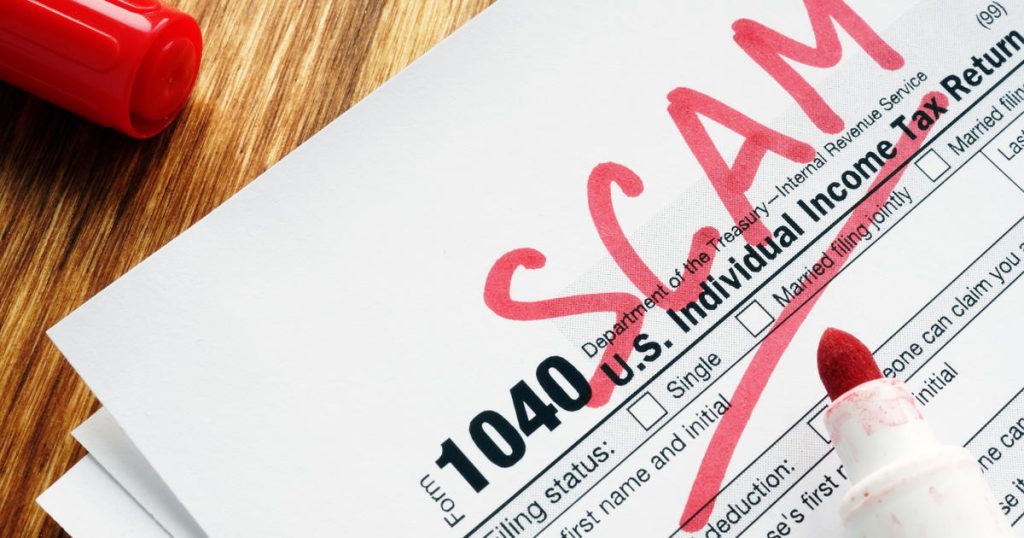The Internal Revenue Service (IRS) has identified the 12 biggest scams, known as the “Dirty Dozen,” that target taxpayers during tax season. In the lead-up to the annual tax filing deadline, the IRS has highlighted six specific scams that tend to proliferate at this time of the year. These scams include phishing and smishing, dubious claims for the Employee Retention Credit, assistance in setting up an online IRS account, false fuel tax credit claims, offer-in-compromise “mills,” and fake charities seeking donations to steal personal information. The IRS has also outlined what it will never do, including texting, emailing, or calling taxpayers without prior notification by mail, threatening legal action, promising refunds, demanding immediate payment, or asking for credit or debit card numbers over the phone.
CBS News business analyst Jill Schlesinger advises taxpayers to be wary of any communications purportedly from the IRS or state tax agencies, as scammers often prey on feelings of fear and greed. Common tactics utilized by scammers include freezing accounts out of fear or promising tax refunds based on greed. Schlesinger warns that any requests for assistance in setting up online accounts are red flags for phishing or smishing attempts, in which criminals attempt to extract personal information to file fraudulent tax returns. Taxpayers are advised to handle such matters themselves directly on the official IRS website to prevent falling victim to identity theft or financial fraud.
Another common scam not yet highlighted by the IRS involves the theft of paper checks. Scammers use a solvent to alter the dollar amounts on stolen checks before cashing them. To avoid falling victim to this scam, individuals are advised to deposit checks directly at the post office, monitor their accounts regularly, and use black gel pens to make it harder for scammers to tamper with the check amounts. By remaining vigilant and taking precautions to protect personal information and financial assets, individuals can minimize the risk of falling victim to tax-related scams that peak during tax season.
As tax season approaches, it is imperative for taxpayers to remain vigilant and cautious when dealing with communications related to taxes. Scammers often use a variety of tactics to exploit individuals’ fears and desires, such as freezing accounts or promising refunds. By being aware of the common scams that proliferate during this time and following best practices to protect personal and financial information, taxpayers can reduce their risk of falling victim to fraud. Utilizing official channels for tax-related matters and avoiding suspicious requests for personal information can help individuals avoid identity theft and financial losses associated with tax scams. Staying informed and proactive is key to safeguarding against the potential threats posed by scammers during tax season.


